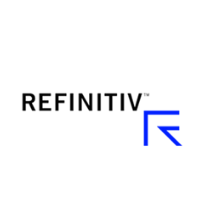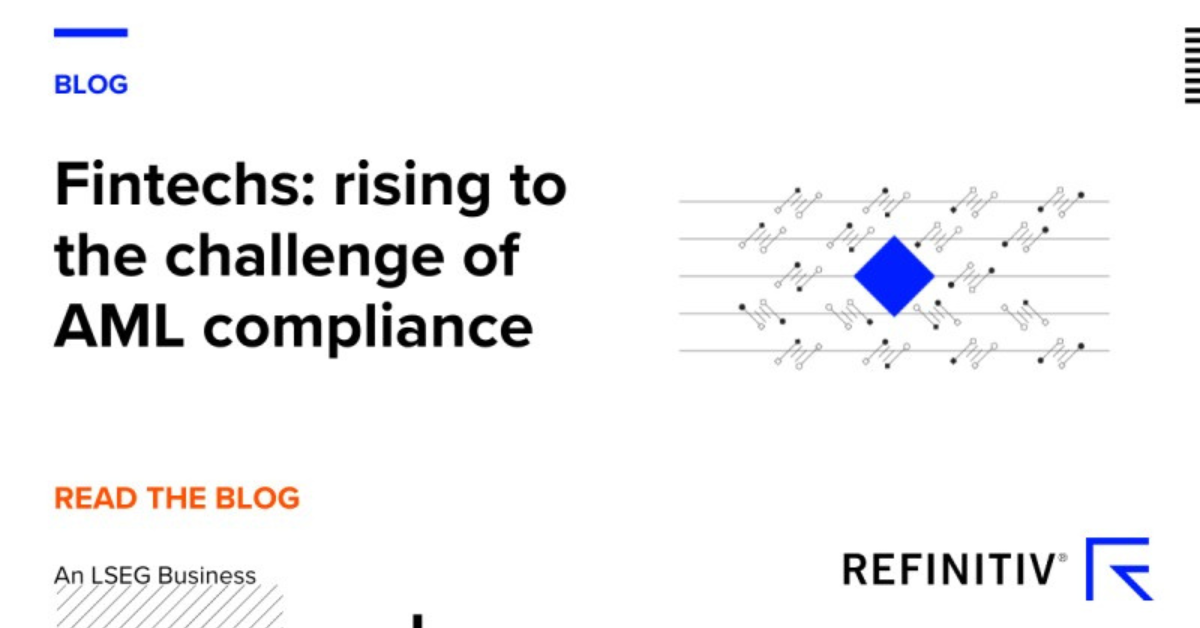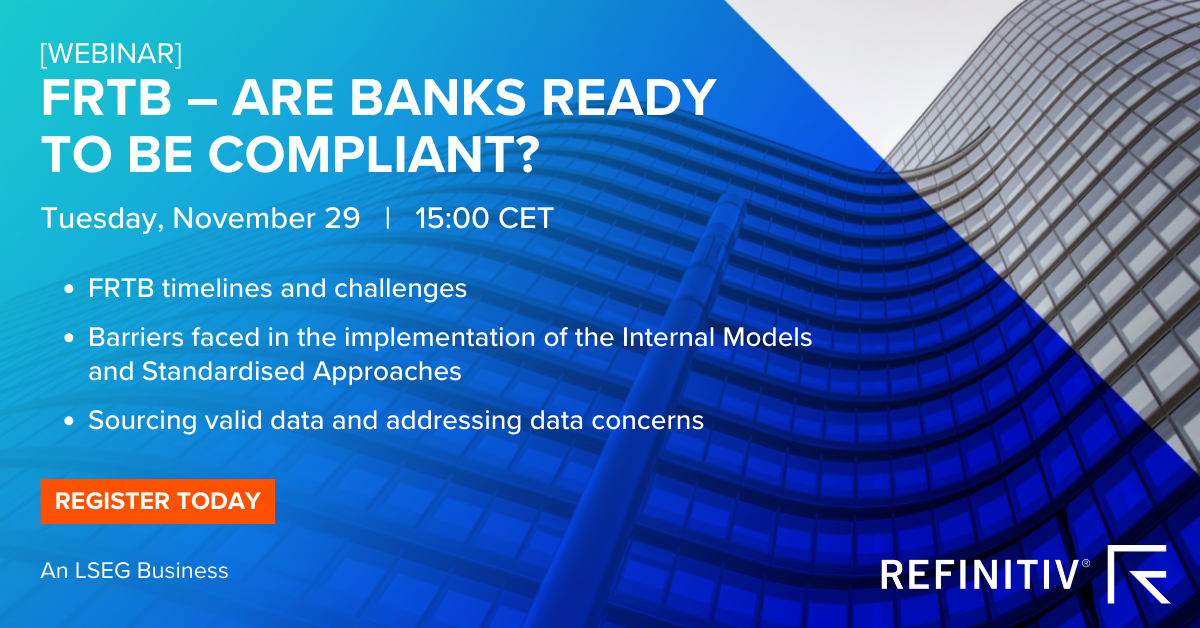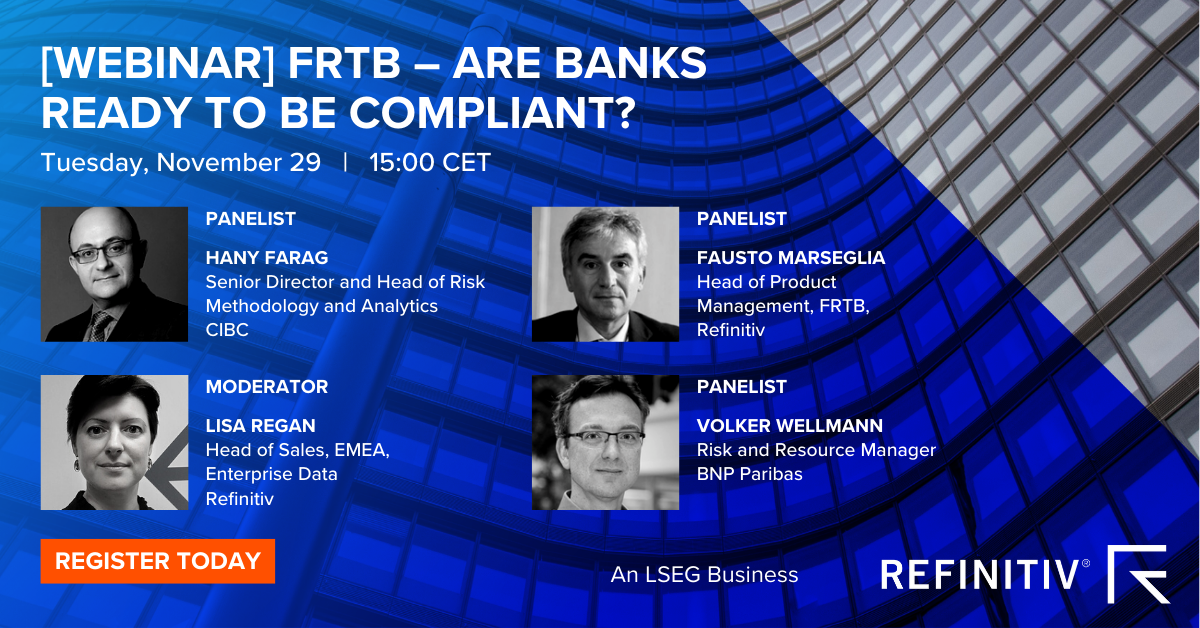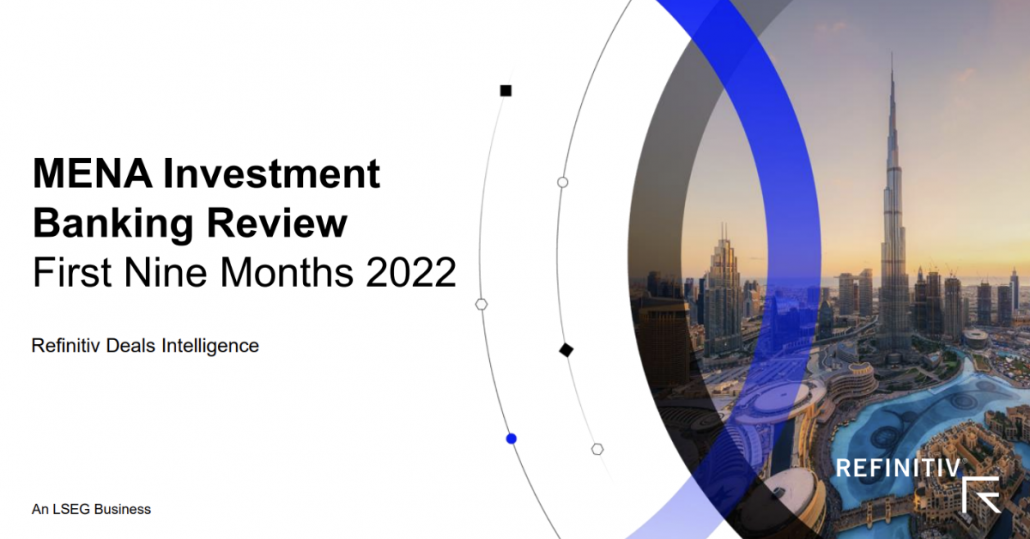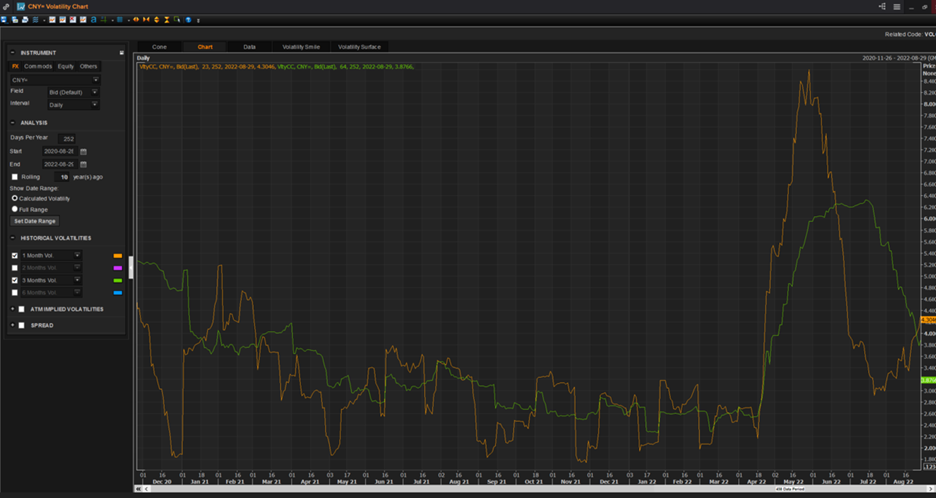How are fintechs combating anti-money laundering challenges?
30-01-2023 | treasuryXL | Refinitiv | LinkedIn |
A recent white paper from Refinitiv – produced in collaboration with global consultancy, FINTRAIL – discusses the key elements currently shaping the evolving fintech space and the key trends that will be shaping the fintech landscape in 2023.

- New findings from Refinitiv and FINTRAIL, based on interviews with experts from different fintechs across a range of geographies, have identified five key factors that are shaping fintechs today.
- The white paper identified that the primary factors shaping fintech in 2022 were technology, data, talent, governance and efficiency, and it will continue in 2023.
- Fintechs also have to keep tight control of the anti-money laundering (AML) processes to protect against widespread illicit activity and ensure regulatory compliance.
For more data-driven insights in your Inbox, subscribe to the Refinitiv Perspectives weekly newsletter.
Constant evolution
The fintech industry is one of dynamism and innovation; a space where agile players harness new technology and challenge the status quo of the traditional financial services industry every day.
Undoubtedly, this delivers substantial opportunity for those involved in the sector, but at the same time, financial criminals are similarly leveraging technology and using advancements to devise new ways to further their illicit activities.
In this fast-paced space, characterised by evolution and a growing financial crime threat, what key elements are at play and what factors have shaped and defined the industry in 2022, and will continue to do so in 2023?
Findings from Refinitiv and FINTRAIL, based on interviews with experts from different fintechs across a range of geographies, have identified five key factors that are shaping fintechs today.
Five factors shaping fintechs today
Technology
The fintechs we spoke to stress that the right technology can make all the difference when it comes to managing financial crime, with some describing machine learning and artificial intelligence (AI) as “indispensable tools”.
This view is in line with the recommendations of the Financial Action Task Force (FATF).
Interviewees also stress the importance of “explainability” – in other words being able to explain what data is used to reach different conclusions and why the results can be trusted – when introducing technology.
Data
Leading technology needs trusted, comprehensive data, but fintechs highlight that striking a balance is key. Requiring too much information can damage the customer experience, while not enough leaves fintechs vulnerable to financial crime.
Collecting the right data – and the right amount of data – and then building a complete picture of risk is key to the combined fintech goals of maximising efficiency, keeping customers happy and protecting against financial crime.
Talent
Technology and data are critical in managing financial crime threats, but a third and equally critical element is invaluable human expertise. The right people across difference disciplines can make all the difference.
Those we interviewed said that engineers and data scientists are key, and further that the compliance profession is considered “recession-proof” – upskilling compliance team members should be a key priority for those in the sector.
Interviewees also highlighted that fintechs should concentrate on attracting and retaining key staff, but should also consider outsourced solutions for additional support and expertise.
Governance
Effective governance is a key consideration for fintechs as they grow and evolve. The nature of the industry and the rapid growth trajectories often followed by sector participants mean that effective AML controls and good governance need due attention.
Plus, fintechs agree that governance models should not be static – they need to adapt over time.
Efficiency
Efficiencies are increasing in the industry, with new technology now enabling fintechs to integrate specific data points alongside behavioural biometrics to help them spot suspicious activity.
For example, device identification data can identify if an account is accessed from a new device and this can be compared to a client’s history.
To further boost efficiencies, fintechs say that adopting a dynamic approach to risk is key and avoids wasting often scarce resources.
Discover more about our KYC and anti-money laundering solutions for the fintech industry
Keeping pace with changes in fintech
Fintechs can expect these top trends to continue in the year ahead and should especially take note of the powerful combination of tech, data and human expertise that are not only shaping the sector, but can enable better compliance and good governance, while boosting efficiencies.
As the industry continues to grow and develop at pace, many players are rightly concerned with ensuring an engaging and positive customer experience that offers connectivity and seamless interaction. They must, however, also keep tight control of the AML processes they will need to protect against widespread illicit activity and ensure regulatory compliance.
Read the full white paper. AML challenges for fintechs: Insights for the future





